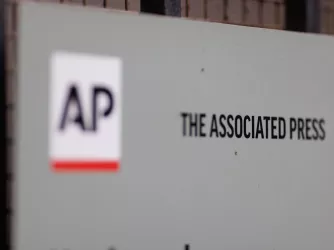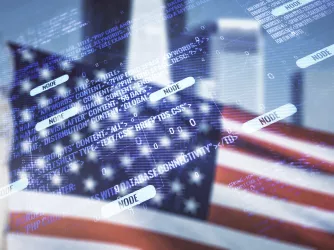Table of Contents
Whose Far Is ‘Too Far’?
While many agree that Ward Churchill’s academic freedom should be protected, many have also condemned his essay and, outside of his expression, have also condemned him—by questioning and ridiculing his character and ethnic background. Despite others’ negative interpretations of his words and assessment of his competence, Churchill recently received a standing ovation when giving a speech affirming his views and defending his expression at the University of Colorado. In addition, his press release provides his own reaction to the public outcry against him:
I am not a “defender” of the September 11 attacks, but simply pointing out that if U.S. foreign policy results in massive death and destruction abroad, we cannot feign innocence when some of that destruction is returned. I have never said that people “should” engage in armed attacks on the United States, but that such attacks are a natural and unavoidable consequence of unlawful U.S. policy…. Some people will, of course, disagree with my analysis, but it presents questions that must be addressed in academic and public debate if we are to find a real solution to the violence that pervades today’s world. The gross distortions of what I actually said can only be viewed as an attempt to distract the public from the real issues at hand and to further stifle freedom of speech and academic debate in this country.
Although other prominent scholars (such as Peter McLaren, Noam Chomsky, Donaldo Macedo, and Howard Zinn) have presented similar critiques of the U.S. government and its policies, many feel that Churchill unforgivably took the expression of his views “too far” by analogizing certain individuals who may have been specifically targeted in the September 11, 2001, tragedy as “little Eichmanns.”
In CounterPunch magazine, Kurt Nimmo provides an alternative reaction to Churchill’s essay. He claims that it isn’t Churchill who has gone “too far” but those who are reacting to his three-and-a-half-year-old essay so extremely and violently—and incessantly. (He also parallels the reaction to Churchill’s expression to that to Sami al-Arian’s, whom FIRE also defended, at the University of South Florida.) Nimmo’s article suggests that those who overreact to Churchill’s choice of analogy with death threats and public calls for various forms of his punishment give credibility to his essay, instead of negating any truth that it may convey, by their own extreme behavior and expression.
Again and again, we find that anything that can be offensive, inappropriate, and counterproductive ravings to some might very well be provocative, useful, and critical discourse to others. The widely differing and competing reactions to even the most controversial expression like Churchill’s prove how vital it is to protect freedom of speech in this country, on campus, and beyond.
Recent Articles
FIRE’s award-winning Newsdesk covers the free speech news you need to stay informed.

White House barring AP from press events violates the First Amendment

FIRE opposes Virginia’s proposed regulation of candidate deepfakes

Love, loyalty, and liberty: ASU alumni unite to defend free speech
